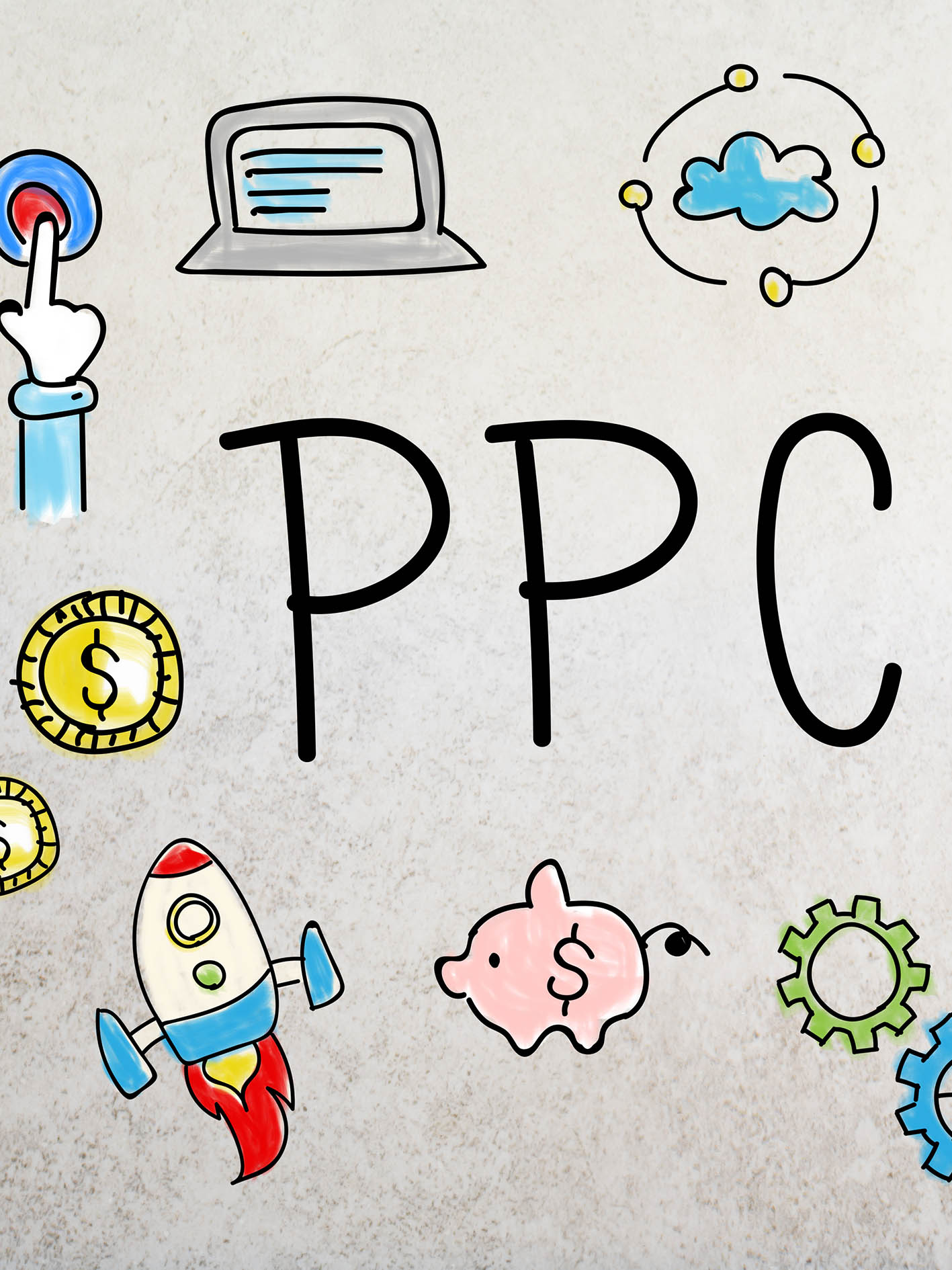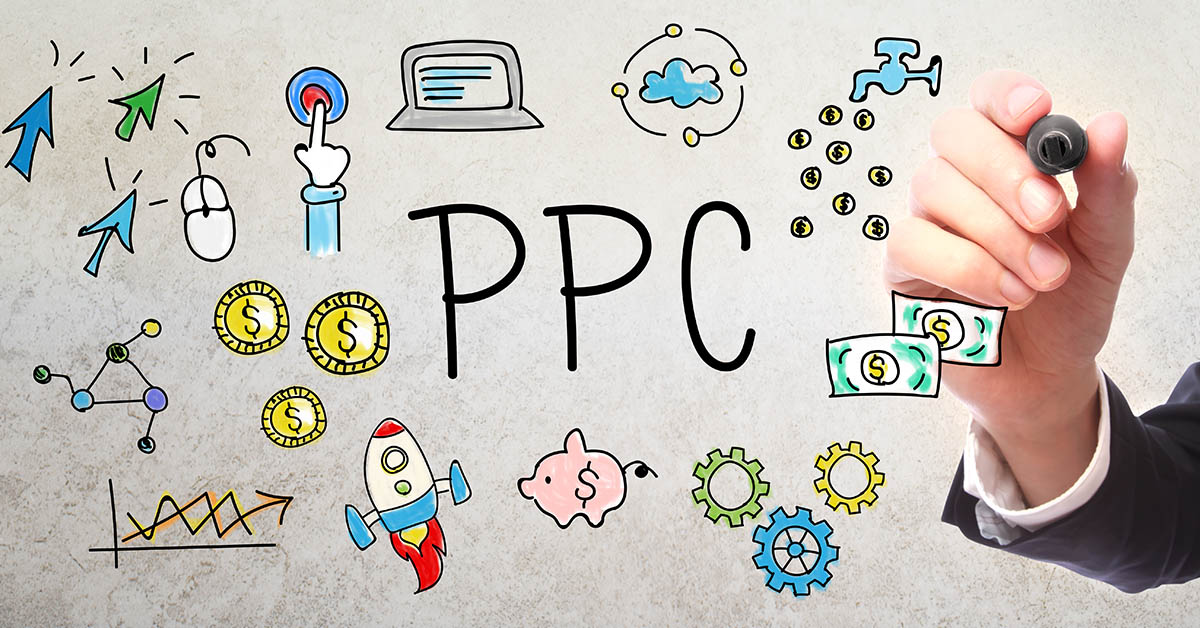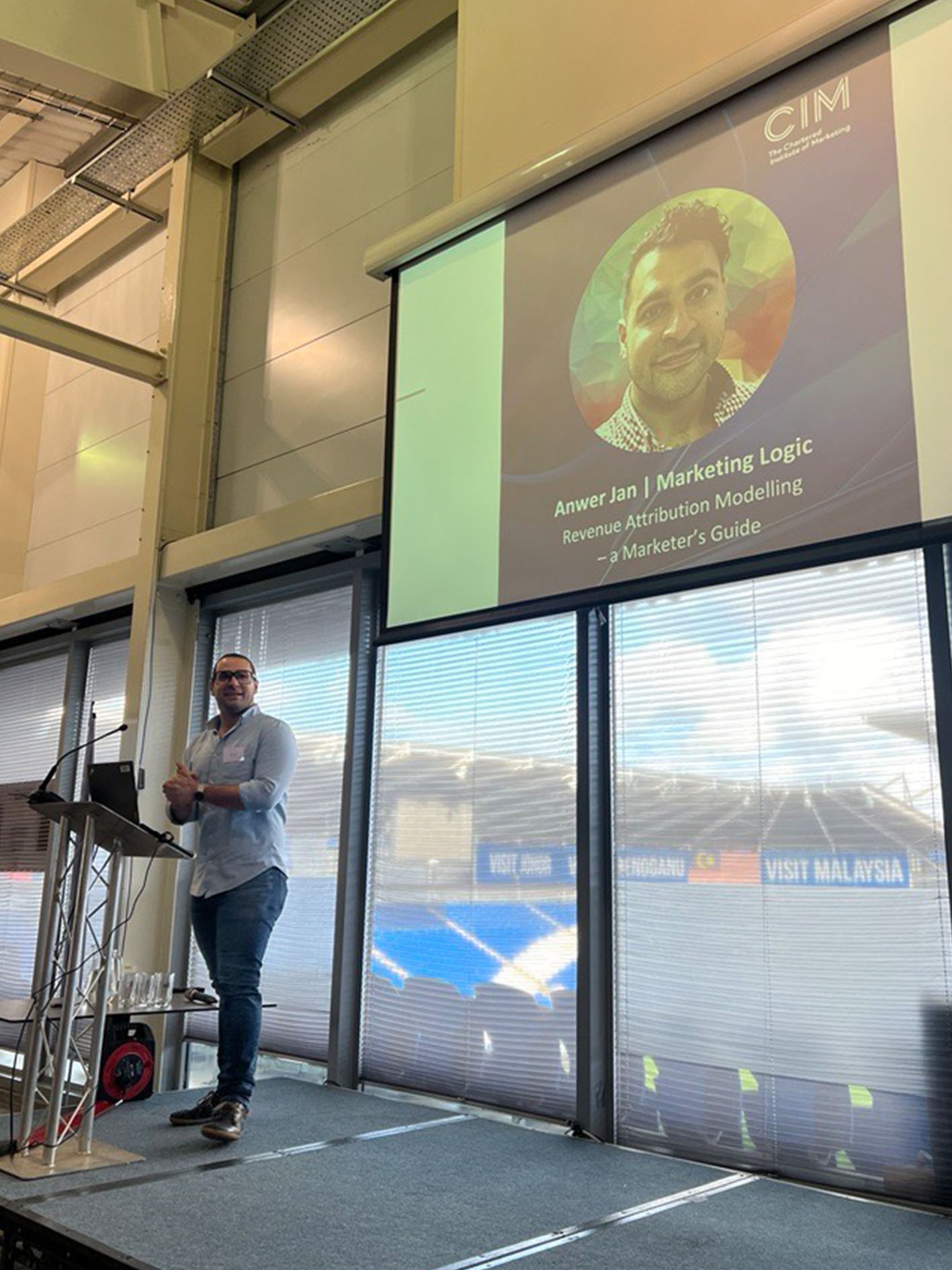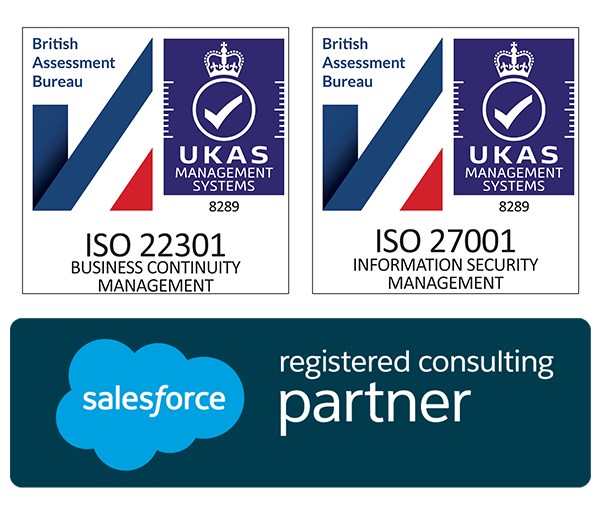
EDU SERIES – PPC: Part 3 of 6 – Ad Groups

Ad Groups are an essential component of pay-per-click marketing. Creating effective Ad Groups can help you to drive more traffic and leads at lower costs, while increasing the number of conversions on your site. This week you will learn:
- What “Ad Group” means.
- Why Ad Groups are important.
- How best to create an effective Ad Group for PPC.
What is an Ad Group?
Basically, an Ad Group is the container for your keywords in your search marketing campaigns.
PPC advertising is structured such that you first create an account, then create an ad campaign, which is then home to Ad Groups.
Those Ad Groups then house:
- Keywords
- Text ads
- Landing pages
In other words, ad groups are one of the main tools you have for organising your PPC account into a meaningful hierarchy.
Importance of Ad Groups
OK, Ad Groups are essentially a structural component within your PPC account. So why bother with them and what makes them important?
Well, most search engines look to your Ad Group organisation to determine:
- Which keywords your ads will show in response to.
- What your ad will say when it runs.
- Where the visitor will be taken when they click on your ad.
You’re deciding:
- Who to advertise to.
- What to say to get their attention.
- And how you’ll make your final pitch when you set up an Ad Group.
Creating Ad Groups That Really Work
What that means is Ad Groups that cost less and convert more. In creating an Ad Group, you want to ensure that you’re offering integration and consistency:
- Integration – Create a system where you’re consistently creating keyword groups, ad text, and landing pages that are tightly integrated with one another.
- Consistency – This integration should lead to messaging consistency. Your ad text and landing pages should speak directly to the searches users are typing in to reach your site.
There are two central reasons these things are so important to you and to your business:
- Lower Costs– Because of the system known as Quality Score, creating well-aligned Ad Groups means that you’ll be paying less money for the same clicks.
- More Conversions– If I search for “graphic design services” and your advertisement talks about your graphic design services, and then you send me to a page about those same graphic design services, I’m much more likely to convert than if your ad text or landing page have nothing to do with one another or aren’t well integrated with your keywords.
Now what actually goes into your ad groups are text ads, so let’s take a closer look at those now.
Text Ads: How to Optimize Your Text Ads for PPC
Compelling, targeted text ads are crucial to a high-performance PPC campaign. They’re often the first contact that a potential customer has with your site: they search for something related to your business, and your ad shows up in the results. Whether or not they click on your ad and get to your website depends on how powerful your message is and how relevant it is to what they want.
Since the PPC text ad is so often the “first touch,” it’s crucial that you get it right. Creating well-written ads offers some obvious benefits:
- Improved Click-Through Rate
- Better Quality Scores
- Lower CPA (Cost Per Action)
The most important things to keep in mind when writing ad text are making sure your ad is highly relevant to:
- …your product or service
- …the searcher’s intent (which can usually be inferred from the keyword and context)
- …your PPC landing page
The simplest possible version of a PPC text ad looks like this:
It consists of a headline, a display URL, and two lines of description. Each line of the ad has a limited character count to which there’s an art to writing an eye-catching, compelling message that, ideally:
- Contains the relevant keyword at least once.
- Communicates your unique value proposition
- Includes a compelling call to action, or a command that tells the searcher what to do and what they’ll get when they click on the ad.
Google offers plenty of tools to make your ads more compelling. For example, you can use ad extensions to provide additional links for the user to click on, as well as more information about your product. This additional info might include:
- Location and contact information,such as physical address and phone number.
- Imagesof products in your inventory or other features.
- An email field so that users can sign up for an email list right from the Google search results page.
The Importance of Ad Text Optimization
Top-performing PPC advertisers must always test and tweak their ads to find the most compelling messaging for each keyword group, in order to maximize clicks and Quality Score and ultimately lower cost per action, which equates to a higher ROI.
When your ad is more relevant to the searcher, your CTR improves, and high CTR is the single largest component of your Quality Scores. High Quality Scores lift your whole AdWords account and are good for your business. This is due to the way the Quality Score works to improve your ad rankings while lowering your cost per click!
If you spend just a few minutes a week to improve the relevance and CTR of your ads – throw out your worst two ads and replace them with new text, or try out a new ad extension – you’ll be on your way to a better-performing PPC account.
Tune in next week when we take a deeper look at click through rates, quality scores and all other metrics associated with your PPC campaigns.
We’ve been in the Sales and Marketing Strategy game for longer than we care to remember, but we pride ourselves on the combined exposure our team has had to different B2B markets globally, and the strategic services we offer your business as a result.
If you are looking for Salesforce / Pardot Support with an existing Org or want to know if Salesforce or Pardot is right for you, get in touch with us for a free consultation or simply a chat. We regularly work alongside Start-ups and Enterprises alike, so we’re certain we will find you a path to growth, whatever your plans.
We are open Monday-Friday 9-6pm and have open channels for communication either on our LinkedIn, Twitter or you can simply give us a call on 020 8106 8500.




